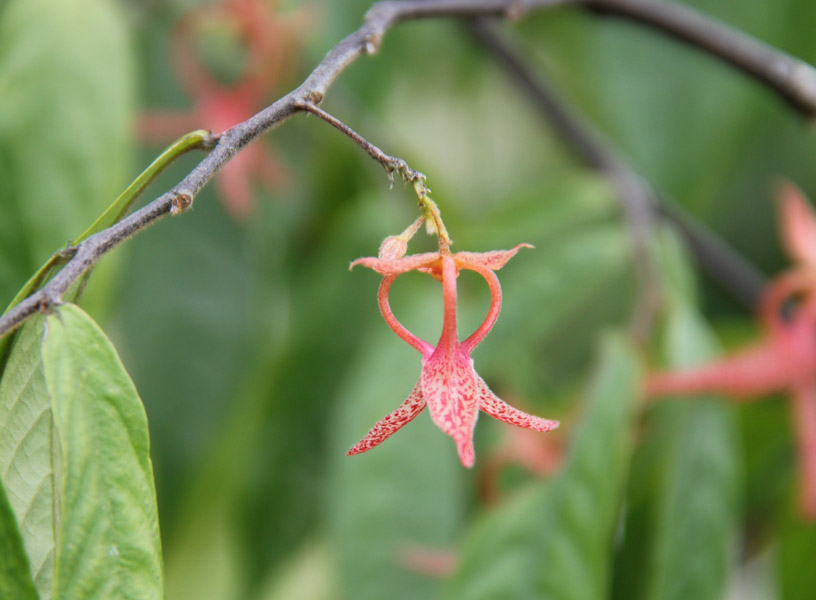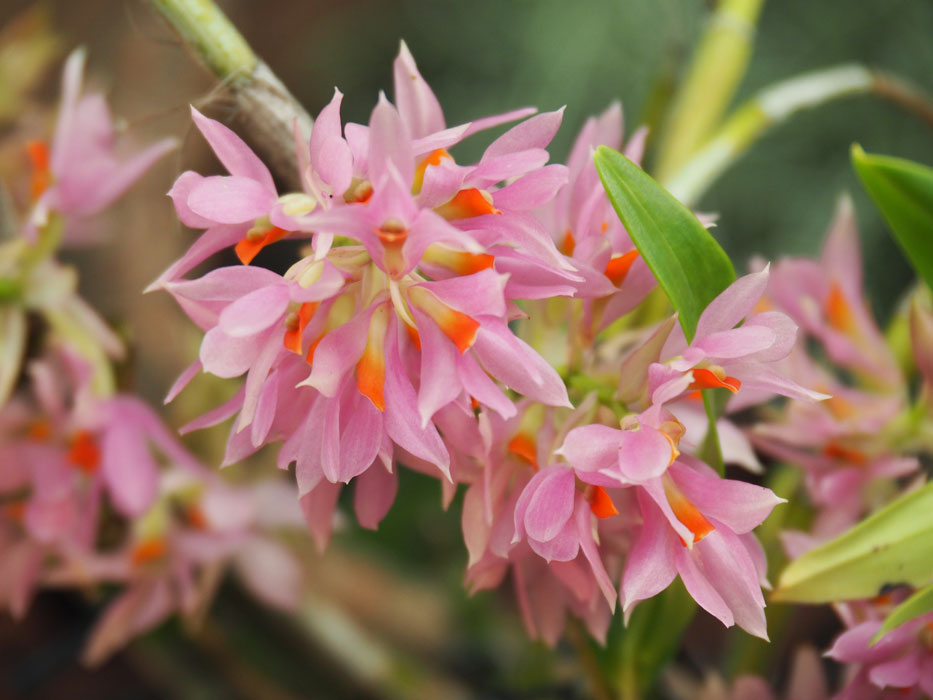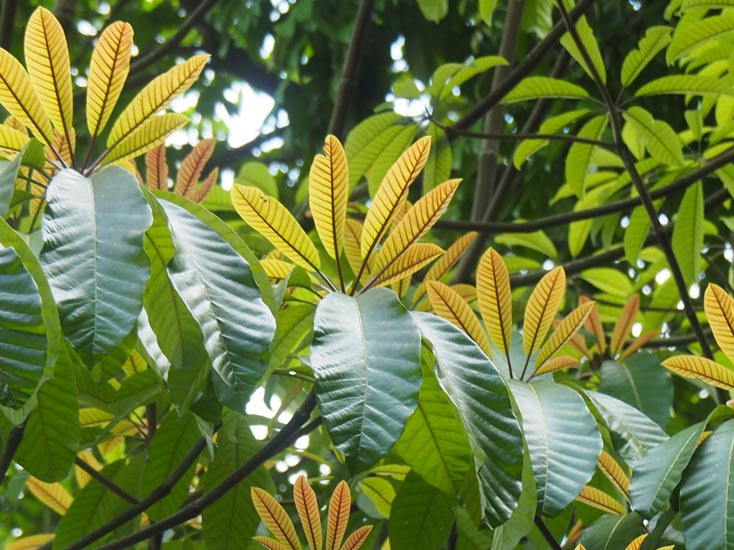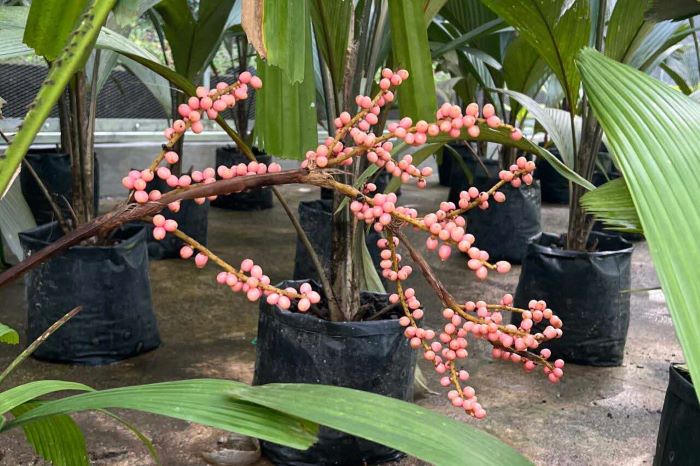News Listing Page

Rethinking Plant Genera - Lessons from Annonaceae and Rubiaceae
08 August 2025
Large plant genera often conceal cryptic diversity and unresolved taxonomies. A recent study by the National Parks Board examines various approaches to tackling taxonomic challenges in large plant genera in Annonaceae and Rubiaceae families. The research recommends shifting away from the old-fashioned, individualistic style of plant taxonomic research and embracing global collaboration, supported by modern tools such as molecular data, morphological analysis, and updated genus concepts. Prioritising teamwork and global cooperation, especially with local botanists in biodiversity hotspots, offers greater potential for meaningful taxonomic revisions.

Tracing the Origins of Orchid Diversity
10 July 2025
This global-collaborative review investigates the evolutionary origin and global diversification of orchids, one of the most species-rich groups of flowering plants. Using an expanded taxon sampling of 1,921 species and georeferenced data from world botanical databases, the study refines the orchid diversification timeline previously from 112 - 76 million years ago to approximately 83 million years ago in Laurasia, earlier than the extinction of dinosaurs. It challenges the long-held belief that Australia is the centre of orchid speciation, and instead identifies southern Central America as the origin for modern orchid diversity. The study attributes orchid diversification to ecological factors such as deceptive pollination, fungal symbiosis and changes in environmental conditions.
.jpg)
Unlocking the Secrets of Hoya Pollinaria Diversity
02 June 2025
A comprehensive study of 85 species and 4 subspecies of Hoya revealed ten distinct pollinarium types, highlighting structural variations across the genus. Researchers observed differences in key floral traits, such as the shape and texture of pollen structures, which are important for successful pollination. These traits were analysed using a phylogenetic tree, which showed that similar features had evolved multiple times across unrelated groups, a pattern known as convergent evolution. These findings enhance our understanding of floral adaptations in Hoya and offer valuable insights for taxonomy and conservation of this beloved tropical genus, which thrives in Southeast Asia’s diverse habitats.

Ninety Years Of Reshaping Tropical Leafing Patterns
06 May 2025
With climate change, Singapore experiences more distinct drier and wetter periods than it did 9 decades ago and tropical trees are adapting to these changes in the weather. Researchers from the Singapore Botanic Gardens studied how changing weather patterns affect leafing behaviour in 23 tropical tree species, analysing historical phenological and weather records, field observations, and climate data dating back to 1927. The findings reveal that the increase in seasonality of rainfall have resulted in more frequent leaf flushing, which could impact plant-herbivore interactions, nutrient cycling and overall ecosystem resilience. By providing critical insights into how tropical trees are adapting to a changing climate, this research also highlights the importance of ongoing monitoring and conservation efforts.

How Colour Changes in Licuala ferruginea Fruits Signal Bird Dispersal Strategy
03 April 2025
A study was conducted by researchers from NParks to understand the correlation between the changing colours of Licuala ferruginea fruits and their fauna seed-dispersers. By monitoring local plant specimens in rainforest and nursery settings, observations suggest that the initial red colour serves as an early advertisement to birds while subsequent pink and white stages aid in camouflaging, allowing the fruit to ripen finally to purple and black. Purple and black colouration are established visual prompts for frugivorous birds, signalling that fruits are ripe to consume. Despite being fed on by a range of mammals, it is postulated that Forest bulbuls are the intended dispersers for Licuala ferruginea due to their gape sizes matching the fruit size. This theory supports the hypothesis of coevolution between fruit traits and disperser morphology and behaviour.

Orchid Renaissance in Singapore’s Urban Jungle
03 March 2025
Singapore’s urban landscape has witnessed a remarkable resurgence in native orchid species. Over the past 15 years, the number of extant native orchids species has increased from 45 to 76, due to taxonomic revisions and new discoveries. This success stems from the establishment of resident taxonomists that embrace integrative taxonomy and comprehensive botanical surveys and field research. The Singapore Botanic Gardens plays a crucial role in orchid conservation, spearheading ex-situ propagation and reintroduction programmes leading to the successful reintroduction of over 60 native orchid species across the city-state. This orchid renaissance demonstrates that urban areas can serve as important refugia for biodiversity, offering hope for conservation in city environments worldwide.
